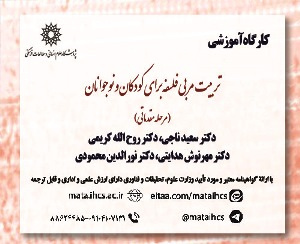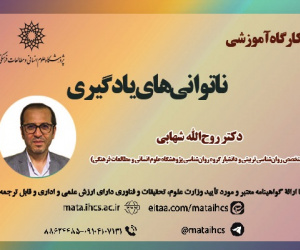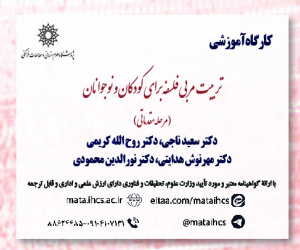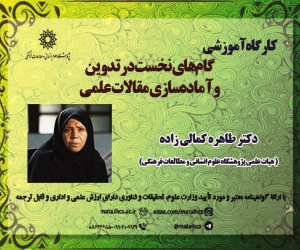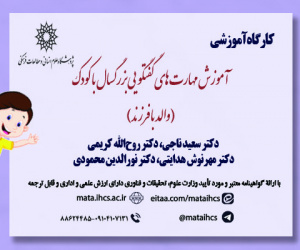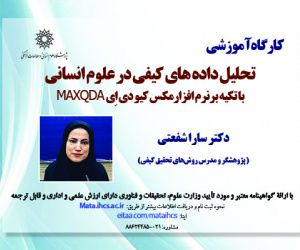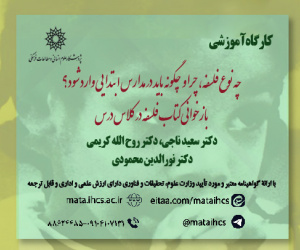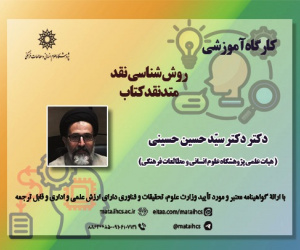اخلاق حرفه ای در مدیریت اسلامی (مبتنی بر قرآن کریم) (مقاله علمی وزارت علوم)
درجه علمی: نشریه علمی (وزارت علوم)
آرشیو
چکیده
اخلاق و ارزش های اسلامی در مدیریت سازمان ها نقش اساسی دارند و فقدان آن ها می تواند منجر به مشکلات جدی مانند فساد اداری و سوءاستفاده های مالی شود. از دیدگاه اسلام، اصول اخلاقی و ارزش های اخلاقی نقش مهمی در هدایت انسان ها دارند و قرآن کریم و احادیث بر اهمیت رعایت این اصول تأکید فراوانی دارند. این ارزش ها می توانند در مدیریت سازمان ها نیز به کار گرفته شوند و به بهبود عملکرد و کارایی کمک کنند. با عنایت به موارد فوق، پژوهش حاضر با هدف «شناسایی ابعاد و مولفه های اخلاق حرفه ای در مدیریت اسلامی مبتنی بر قرآن کریم»» به رشته تحریر درآمده و با بررسی کتابخانه ای در آیات قرآن کریم و با بهره گیری از روش تحلیل مضمون، نتیجه گرفته شد که ابعاد و مولفه های اخلاق حرفه ای در مدیریت اسلامی شامل 84 مضمون پایه، 22 مضمون سازمان دهنده و 5 مضمون فراگیر می باشد. این مضامین شامل ارزش های بنیادی (صداقت و راستی، وفاداری و تعهد، عدالت، مسئولیت پذیری، تقوا و پارسایی)، ارزش های دینی (ایمان به خدا، اطاعت از خداوند، دعا و عبادت، شکرگزاری، جهاد و مبارزه)، ارزش های اجتماعی (احترام، همکاری و همبستگی، صلح و صبر، احسان و نیکوکاری)، ارزش های فردی (شجاعت و قاطعیت، اعتدال و میانه روی، حسن خلق و مدارا، پرهیز از رذایل، صبر و استقامت، کنترل نفس) و ارزش های مشارکتی (مشورت و مشارکت، عفو و بخشش) می باشد.Professional Ethics in Islamic Management (Identifying the Dimensions and Components of Professional Ethics in Islamic Management Based on the Holy Quran)
Ethics and Islamic values play a fundamental role in the management of organizations, and their absence can lead to serious issues such as administrative corruption and financial misconduct. From an Islamic perspective, ethical principles and moral values are crucial in guiding human behavior, and the Holy Quran and Hadiths emphasize the importance of adhering to these principles. These values can also be applied in organizational management to improve performance and efficiency. Given the above considerations, this study aims to "identify the dimensions and components of professional ethics in Islamic management based on the Holy Quran." Through a library-based review of Quranic verses and utilizing thematic analysis, it was concluded that the dimensions and components of professional ethics in Islamic management include 84 basic themes, 22 organizing themes, and 5 overarching themes. These themes encompass fundamental values (honesty and truthfulness, loyalty and commitment, justice, responsibility, piety and righteousness), religious values (faith in God, obedience to God, prayer and worship, gratitude, jihad and struggle), social values (respect, cooperation and solidarity, peace and patience, benevolence and charity), individual values (courage and decisiveness, moderation and temperance, good character and tolerance, avoidance of vices, patience and perseverance, self-control), and participatory values (consultation and participation, forgiveness and pardon).
